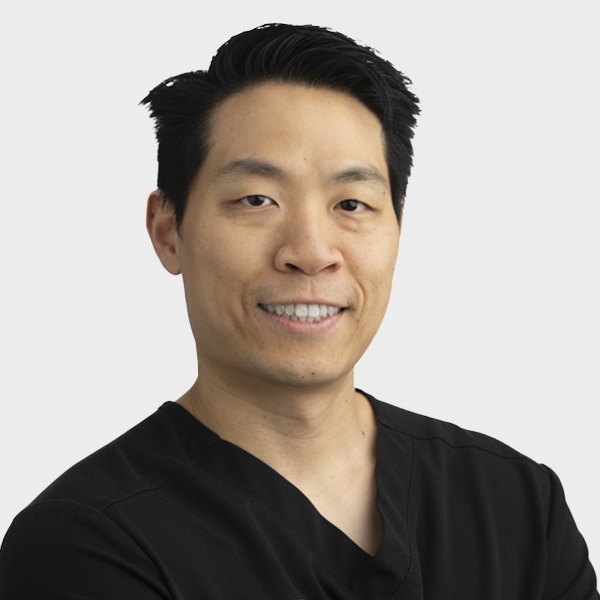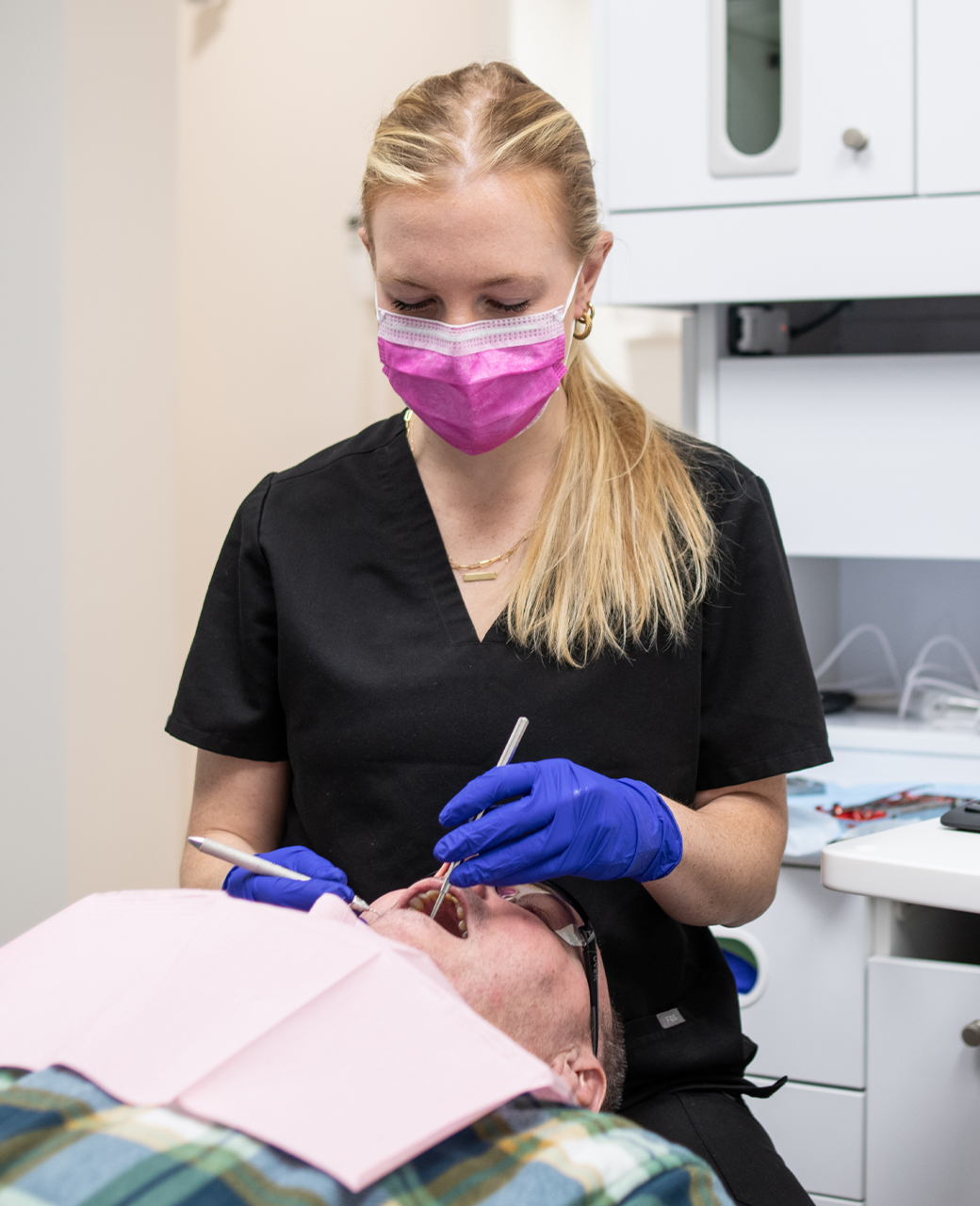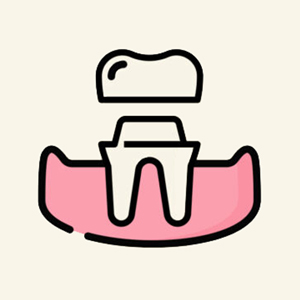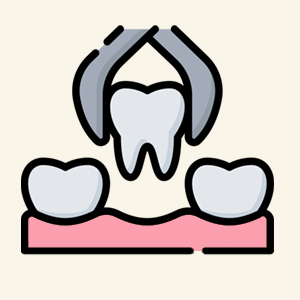Why Choose Chinook Dental Group?
Four Dental Specialties
Receive comprehensive care for four dental specialties.
Appointments Available
Receive timely care and schedule immediate appointments.
We Follow the ADA Fee Guide
We proudly follow the ADA Fee Guide to provide competitively priced services.

Dr. Choo-Soon Kua, DDS, FRCDC
Certified Specialist in Oral and Maxillofacial Surgery
Dr. Kua is a Certified Specialist in Oral & Maxillofacial Surgery born and raised in Calgary. He received his Bachelor of Science in Kinesiology from the University of Calgary in 2008. Dr. Kua obtained his Doctor of Dental Surgery from The University of Western Ontario in 2012. Following completion of his doctorate, Dr. Kua practiced general dentistry in Calgary and Bowden Correctional Institution for two years before being accepted into and completing his specialty training in Oral & Maxillofacial
Surgery at Montefiore Medical Center in the Bronx, New York. His residency consisted of rotations in anaesthesia, general surgery, otolaryngology, emergency medicine, internal medicine, and critical care medicine. He is trained in all aspects of IV sedation, complex dentoalveolar surgery, dental implants, bone grafting, oral and maxillofacial pathology, and non-surgical temporomandibular joint disorders.
Dr. Kua is excited to offer a broad range of oral and maxillofacial surgery services to Calgary and surrounding areas.
Understanding Surgical Pathology
When it comes to your dental treatments, one of the most crucial factors that help us provide you with the best and most predictable outcomes is an accurate diagnosis. Depending on your concern, this can be done through various techniques such as X-rays and 3D scans. But for more complex conditions with abnormal appearances on clinical and radiographic exams, we may recommend a biopsy.
Oral and Maxillofacial Pathology is a specialized field that involves the examination of tissues of the head and neck to detect diseases or abnormalities. Whether you are dealing with oral lesions, tumours, or other dental problems, surgical pathology provides accurate and vital information that guides your treatment plan. This requires a team approach including an oral and maxillofacial surgeon and pathologist.

The Surgical Process
Surgical pathology involves a multi-step procedure from collecting and examining the specimen to processing it to create the diagnosis. Here’s a brief overview of each step:
- Pre-operative Evaluation – Evaluation by an oral and maxillofacial surgeon of the abnormal areas is an important step in establishing a pre-operative diagnosis. The plan for treatment is based on history, examination, and X-rays taken. These will be reviewed with you to allow you to better understand what we may be dealing with, and the best course of action for treatment.
- Specimen Collection – Tissue samples may be collected from the head and neck area, including the oral cavity and jaw bone. This can be done through a biopsy or complete excision of the abnormal tissue. Smaller lesions can be taken out as a whole, but larger ones may require just a section of the lesion to be removed for analysis. The samples are then sent to the pathology lab for assessment by a pathologist.
- Gross Examination – The initial visual examination of the specimen includes noting the size, shape, colour, and other abnormalities that may be present.
- Tissue Processing – Then, the specimen is treated and embedded in wax. Thin sections of this tissue are prepared in slides and examined under a microscope for a closer evaluation.
- Microscopic Examination – Microscopes provide information that cannot be seen by the naked eye, including cancer cells and other inflammatory markers at a cellular level.
- Diagnosis and Reporting – Based on the findings, the pathologist generates a detailed report, which is then shared with your oral and maxillofacial surgeon. This report includes a definitive diagnosis, which will be the basis of your treatment plan.


Common Conditions Diagnosed with Surgical Pathology
Surgical pathology can help identify a range of dental and oral conditions, including:
- Cysts – The type of cyst identified may change the course of treatment
- Cancers and Tumours – Pathologists can determine whether certain oral lesions are cancerous or non-cancerous.
- Inflammatory and Infectious Diseases – Tissue samples can help identify chronic inflammation and infections for a more precise treatment.
- Chronic Conditions – Chronic conditions, though benign, may still impact your health. Proper assessment determines an effective course of action for long-term health.
Contact Us To Book An Appointment
An accurate diagnosis helps create an effective treatment plan. This is especially important for complex cases such as cysts, abnormal lesions, and tumours. With the help of skilled professionals such as oral and maxillofacial surgeons and oral pathologists familiar with these conditions, you can be confident that your concerns will be thoroughly assessed so we can provide you with an accurate diagnosis and appropriate care.
Schedule an appointment today to learn more about how we can assist you with your dental needs!







